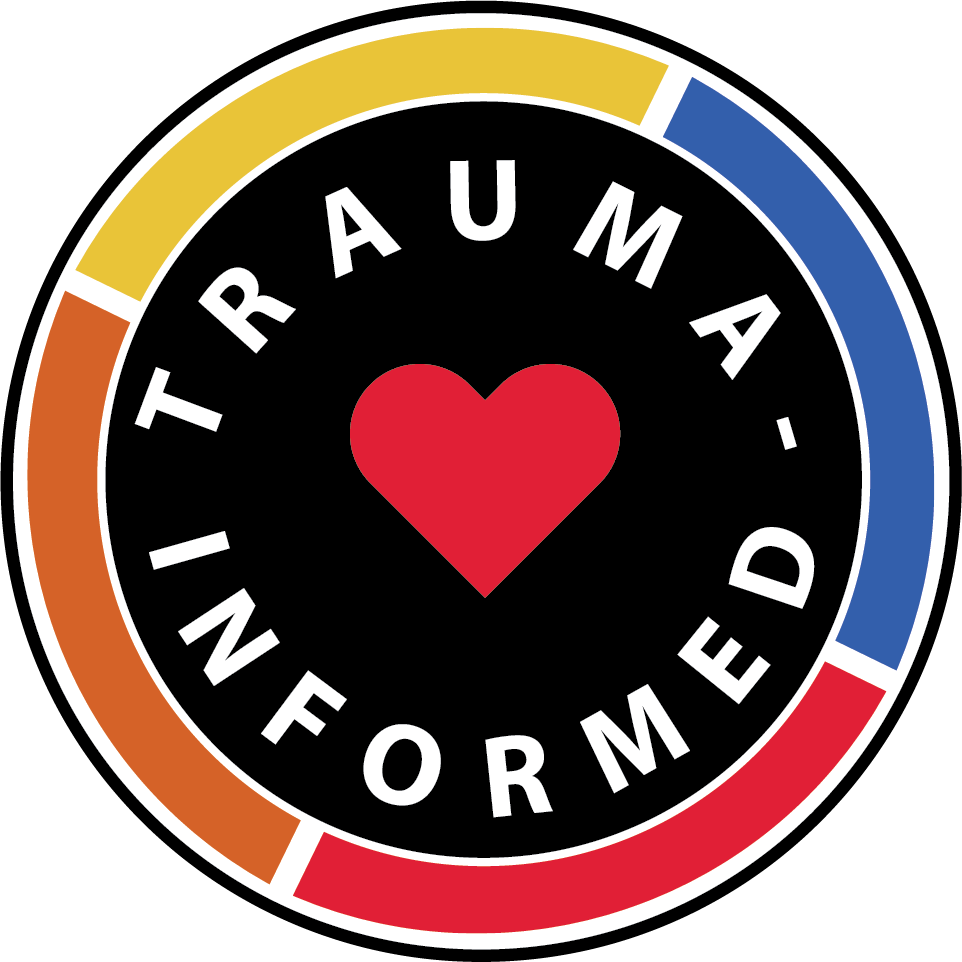Have you and/or your students been through a natural hazard event? Does the threat of a natural hazard in your community cause anxiety and distress? As students learn about in the HEART Force Program, resilience, or the capacity to successfully recover from difficulties, is important in helping communities recover after a natural disaster. Resiliency at the individual level, however, is also important; Resiliency helps overcome and heal from trauma. A key way to support resiliency is through the use of trauma-informed strategies and by building hope. Hope is built by learning to manage stress, develop positive habits, expand relationships, overcome obstacles, and ultimately take solution-oriented action.
How does the HEART Force curriculum foster hope and resilience?
- The Trauma-Informed Practices Guide outlines strategies to frame a unit about natural hazards within a trauma-informed and hopeful approach.
- The Envisioning a Resilient Future lesson plan encourages a hopeful community vision.
- The Design a Resilient Future lesson plan encourages solution-oriented action.
- The natural hazard lessons and games include trauma-informed approaches for educators to use with students. Educators will find optional trauma-informed call-outs within the curriculum.

- Here are a few climate mental health activities adapted specifically for talking about natural hazards:
Educators are encouraged to explore this short list of curated resources:
- The Climate Literacy and Energy Awareness Network (CLEAN) has a series of pages that provide lesson plans and resources to support youth’s climate mental health. The Climate Mental Health Activity Guide, developed in cooperation with the Climate Mental Health Network, provides a variety of short lesson plans to be used with existing climate curriculum and are aligned with social-emotional strategies.
- Trauma-Informed Toolkit by Yasmeen Hossain at OSU Extension provides key tips for educators to create safe classroom spaces and integrate trauma-informed practices into lesson plans using a wildfire lesson plan example.
- Helping Youth After Community Trauma: Tips for Educators by the National Child Traumatic Stress Network provides strategies for supporting youth after a disaster.
- The Hopeful Minds Curriculum is a free download designed to teach hope to young people, and though geared towards a younger audience, can easily be adapted for older students.
